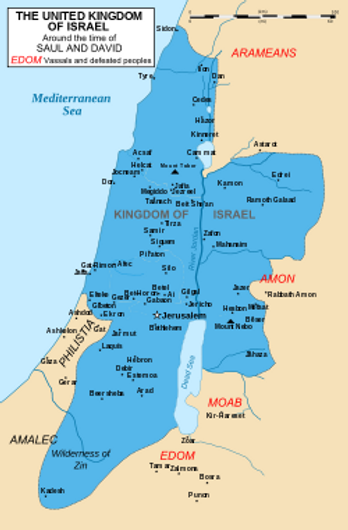Keesing
Family
Where Are We From?
It is likely that the Kaysha family was driven from eastern Europe in the middle of the 17th century. Our family found refuge in the Low Countries, Netherlands, which had a reputation for freedom and tolerance of minorities.
The Kaysha ancestors originated from the Kingdom of Israel over 2 thousand years ago. Part of the exodus of Jews after the sacking of Jerusalem by the Romans.
Those that migrated west migrated along the Mediterranean coast heading into Spain and Portugal - became known as the Sephardim,
Those migrating north through Asia and Europe and reaching the Baltic seaboard were Ashkenazim. It is they that developed the language over many, many centuries that we today known as Yiddish. Yiddish has a Germanic structure with Hebrew, Aramaic and Slavonic elements. It is written however with Hebrew characters.
The Netherlands already sheltered many Shephardic Jews, who had escaped the Spanish Inquisition in the 16th century. This lead to an incorrect opinion by Rabbi Goldman, "History of the Jews in New Zealand 1958," and repeated by Lionel Albert, "Some of the Jewish men and women who contributed to the history of Auckland 1840-1982," that the Southern Hemisphere Keesing's were Sephardim.
This is contradicted by research of Elisabeth van Tricht that all known Dutch and English Keesing transaction are in Ashkenazi synagogues. Also, she points out that Tobias is a rare name, and never used by Dutch Shephardim from Spain or Portugal. 19th century "marriage" partners came from Sephardim families, eg. Abraham and John Keesing union with the Isaac sisters Esther and Amelia.
The Name
We can trace modern roots to Tobiah Kaysha who married Sara Simons at the near end of the seventeenth century.
The oldest recorded of a Kaysha family birth is that of Shimon Ben Tobiah - Simon son of Tobias in Amsterdam in 1694, as recorded in the circumcision records of the Ashkenazi synagogue.
Surnames are a link with the past, generally reflecting people's cultural heritage. Research of the Keesing name has identified in Amsterdam municipal records has found spellings such as Caizy, Cashy, Caysha, Kayse, Kaysha, Kazshe, Keese, or Keesje. There was no standard spelling. Any offical who needed to to write it would write our name as it sounded to him, in his language. Being Jewish it should be realised that the traditional Jewish form of identification used the father's first name rather than the standard European surname.
